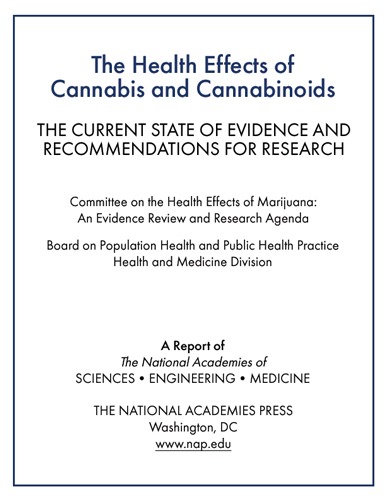Medical Professionals
Refer a PatientDoes Medical Cannabis Really Work?
A 2016 report by the National Academy of Science reviewed the current state of clinical evidence regarding the medicinal uses of cannabis. The report indicated that there was clinical evidence supporting the therapeutic use of cannabis for the following:
- Chronic pain
- Improving anxiety symptoms
- Improving patient-reported multiple sclerosis spasticity symptoms
- Improving sleep
- Chemotherapy-induced nasuea and vomiting
- Increased appetite and decreasing weight loss

Studies
- Taming THC: Potential Cannabis Synergy and Phytocannabinoid-Terpenoid Entourage Effects
- Association of Medical and Adult-Use Marijuana Laws With Opioid Prescribing for Medicaid Enrollees
- Peer-Reviewed Studies on Medical Marijuana
- Cannabis for the Management of Pain: Assessment of Safety Study (COMPASS)
- Real life Experience of Medical Cannabis Treatment in Autism: Analysis of Safety and Efficacy
- Trends in Cannabis Use Among Older Adults in the United States, 2015-2018
NJ Qualifying Conditions for medical cannabis
A “debilitating medical condition” under the law is any one of the following:
- Amyotrophic lateral sclerosis
- Anxiety
- Cancer
- Chronic Pain
- Dysmenorrhea
- Glaucoma
- Inflammatory bowel disease, including Crohn’s disease
- Intractable skeletal spasticity
- Migraine
- Multiple sclerosis
- Muscular dystrophy
- Opioid Use Disorder
- Positive status for Human Immunodeficiency Virus (HIV) and Acquired Deficiency Syndrome (AIDS)
- Post-Traumatic Stress Disorder (PTSD)
- Seizure disorder, including epilepsy
- Terminal illness with prognosis of less than 12 months to live
- Tourette Syndrome
Source: https://www.nj.gov/health/medicalmarijuana/patients/
